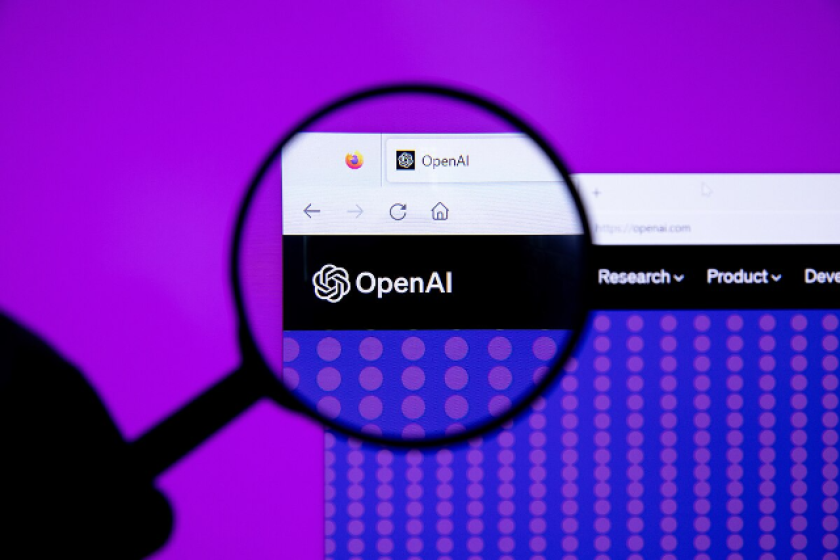The latest update as of today is that the ChatGPT maker is in discussions with media firms CNN, Fox and Time to license their work, according to a Bloomberg news report.
OpenAI is hoping to license articles from CNN to train its widely popular AI model to feature its content in its products.
This comes after The New York Times became the first major US media organisation to sue OpenAI.
The lawsuit alleges that ChatGPT uses millions of the newspaper’s articles without permission to train its chatbots.
Nicholas Basbanes and Nicholas Gage told the court that the companies infringed their copyrights by including their books as part of data used to train OpenAI’s GPT large language model.
This follows several other legal complaints from authors such as John Grisham, Jodi Picoult and George RR Martin, who sued OpenAI last September.
A few days ago, OpenAI reportedly said it was “impossible” to train AI without the use of copyrighted works.
A report from the Telegraph stated that the company had pleaded with the British parliament to allow it to use copyrighted works for free.
“Because copyright today covers virtually every sort of human expression – including blog posts, photographs, forum posts, scraps of software code, and government documents – it would be impossible to train today’s leading AI models without using copyrighted materials,” OpenAI said according to the Telegraph.
The same report quotes OpenAI as saying: “Limiting training data to public domain books and drawings created more than a century ago might yield an interesting experiment, but would not provide AI systems that meet the needs of today’s citizens.”
AI in music
The copyright concerns facing OpenAI go beyond just written work.
A bipartisan group of US House lawmakers announced a new bill yesterday that regulates the use of AI for cloning voices and likenesses.
The No Artificial Intelligence Fake Replicas And Unauthorized Duplications Act aims to ‘establish a federal framework for protecting one’s voice and likeness and lays out First Amendment protections’.
The technology has come under fire in recent times for allowing bad actors to use artists’ voice likenesses to create music using AI generators. The machine learning algorithms analyse existing music and create new compositions based on that analysis, allowing AI users to create entire tracks using the music. These fake tracks have often gone viral on social media platforms.
This has raised ethical concerns, with several artists arguing that AI-generated music is less creative and less genuine than music composed by human artists.
“It’s time for bad actors using AI to face the music,” Rep. Maria Salazar and Rep. Madeleine Dean told Fox News.
"The abuse of this quickly advancing technology has affected everyone from musical artists, actors, sports professionals, and even high school students whose personal rights have been violated," her office says. "These developments fundamentally undermine the United States’ most basic individual liberties and right to intellectual property."
Fair use?
A fundamental legal point for courts looking to resolve the issue is whether creating AI models with third-party data constitutes “fair use” under US copyright law according to Simon Newcomb a technology lawyer based in Australia and Partner at Clayton Utz.
According to an analysis by Alex Reisner published in The Atlantic, the fair use argument for AI rests on two claims. That generative AI tools do not replicate the books they’ve been trained on but instead produce new works that do not hurt the commercial market.
However, as AI tools continue to advance in scale and capabilities, the traditional understanding of fair use will complicate the well-known definition.
Over the next few years, lawsuits like the ones facing OpenAI could force courts to set a new precedent in this area in order to establish new guardrails.






